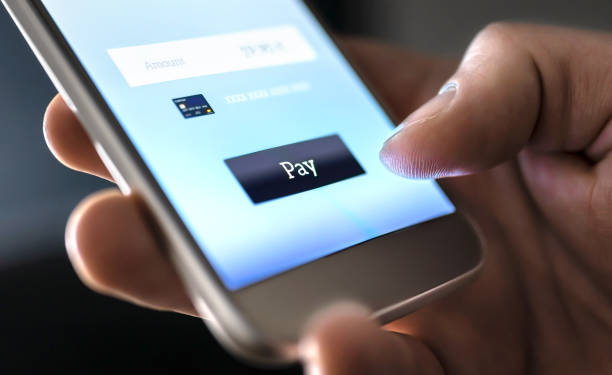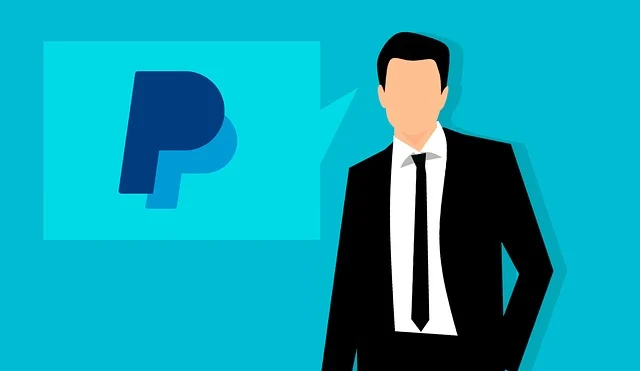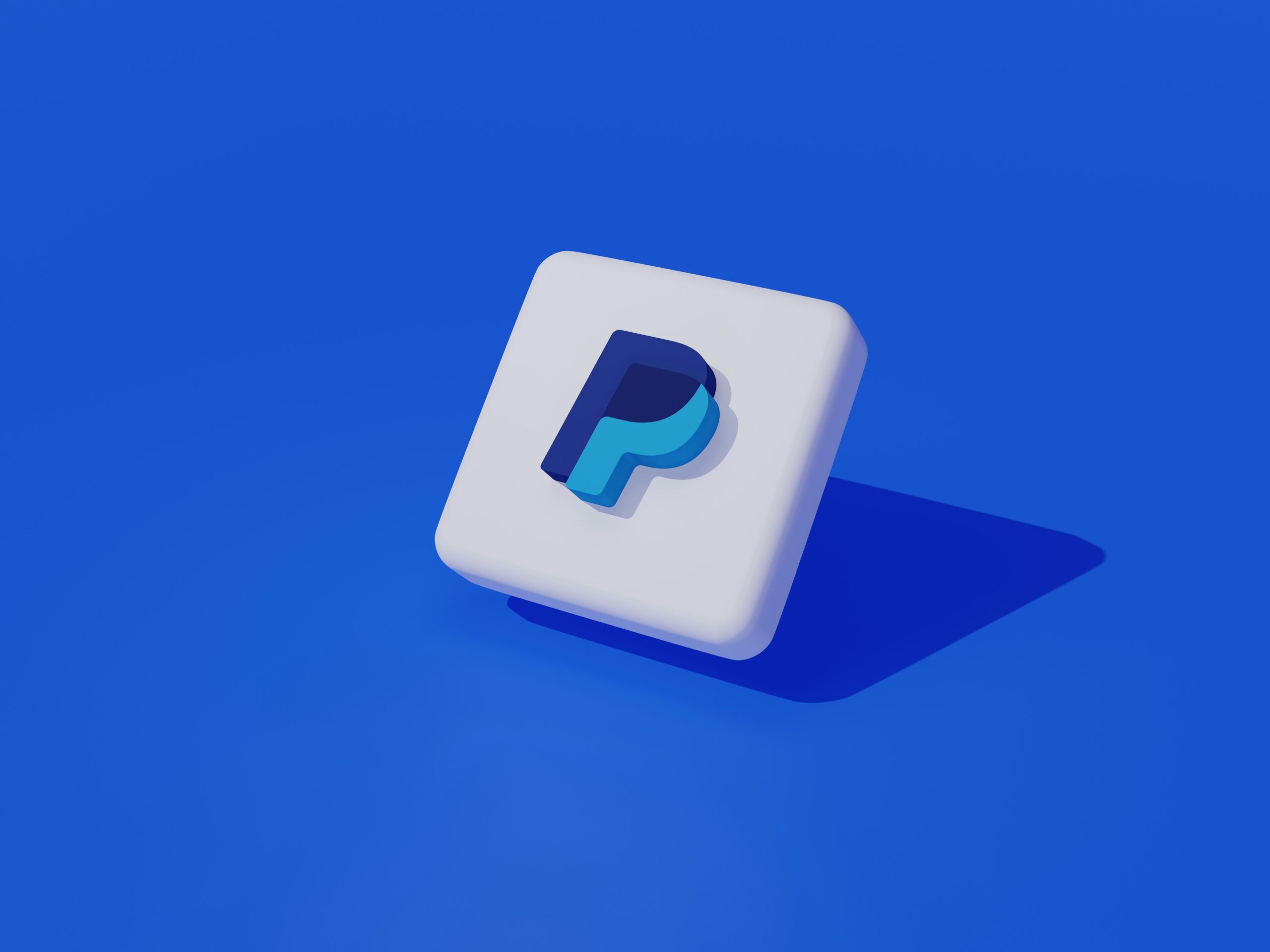The evolution of technology and finance has given rise to some of the most influential companies in the modern era, none more so than PayPal, a digital payments platform that has fundamentally reshaped how people and businesses manage money. From its inception in the late 1990s to its present-day status as one of the most valuable companies in the financial technology sector, PayPal’s story is one of innovation, disruption, and enduring success. This journey also intertwines with one of the most famous entrepreneurs of our time: Elon Musk.
The Birth of PayPal: A Merger of Ideas
PayPal’s origins trace back to two separate companies, Confinity and X.com, both of which were founded in the late 1990s to tap into the burgeoning world of online payments. Confinity, founded in 1998 by Max Levchin, Peter Thiel, and Luke Nosek, initially focused on creating security software for handheld devices but soon shifted its focus to digital wallets and online payment systems. Around the same time, X.com, an online financial services company, was founded by Elon Musk in 1999, with the goal of revolutionizing banking and payments.
Musk’s vision for X.com was to create an all-encompassing financial platform that would allow users to handle everything from banking to insurance, using the power of the internet. However, the company soon realized that its most compelling product was the digital payments solution that enabled people to send money via email—something that had never been done before on a wide scale.
In March 2000, X.com and Confinity merged, creating the foundation for what would eventually become PayPal. The merger brought together two groups of talented engineers, entrepreneurs, and visionaries, with the goal of transforming how people and businesses managed their money online. Elon Musk initially took the role of CEO, but as the company evolved, Peter Thiel took over, and the focus became singular: digital payments.
The Early Challenges and the Growth of PayPal
In its early days, PayPal faced significant challenges. The company operated in a rapidly growing and highly competitive market, where fraud and security risks were major concerns. PayPal’s platform allowed users to send and receive money via email, but this ease of use made it a target for hackers and fraudsters. The company quickly realized that it needed to invest heavily in security measures to protect its users and ensure the platform’s credibility.
To combat fraud, PayPal developed advanced encryption and anti-fraud systems, which became a key part of its technological advantage. These innovations helped PayPal build trust with its users, allowing it to scale quickly. Another major challenge PayPal faced was competition from established players like eBay and Amazon, which were developing their own payment systems. However, PayPal’s simplicity, combined with its growing reputation for security, made it the preferred choice for many online merchants.
In 2001, PayPal experienced explosive growth. Much of this success was driven by its integration with eBay, the online auction site that had become one of the largest e-commerce platforms in the world. eBay sellers quickly adopted PayPal as their preferred payment method because it provided a seamless and secure way to handle transactions. By 2002, PayPal had more than 10 million users and was processing billions of dollars in payments annually.
PayPal’s IPO and Acquisition by eBay
The rapid growth of PayPal caught the attention of investors, and in 2002, the company went public, raising $70 million in its IPO. Just months later, PayPal was acquired by eBay for $1.5 billion in stock. The acquisition solidified PayPal’s position as the dominant online payment platform, as it became the default payment method for millions of eBay users.
For Elon Musk, the sale of PayPal marked a pivotal moment in his entrepreneurial journey. Musk, who had been a major shareholder in PayPal, earned $180 million from the eBay acquisition. This windfall provided the seed capital for Musk’s future ventures, including SpaceX, Tesla, and SolarCity. Musk’s role in the creation of PayPal helped establish his reputation as a visionary entrepreneur, one who would go on to disrupt industries far beyond online payments.
The Impact of PayPal on FinTech
PayPal’s success helped pave the way for the financial technology (FinTech) revolution. In the early 2000s, most financial transactions were still conducted through traditional banks and financial institutions. PayPal demonstrated that digital platforms could offer a faster, more convenient, and secure alternative to traditional banking services. This opened the door for a wave of innovation in FinTech, as entrepreneurs and companies sought to build on PayPal’s model.
One of the key legacies of PayPal is the concept of peer-to-peer (P2P) payments. PayPal was one of the first platforms to allow users to send money directly to each other via email, bypassing the need for a traditional bank or financial intermediary. This innovation laid the groundwork for later P2P payment platforms like Venmo, Zelle, and Cash App, which have become integral parts of the digital payment ecosystem.
In addition to P2P payments, PayPal’s success has influenced the development of mobile payments, cryptocurrency, and digital wallets. Companies like Square, Stripe, and Coinbase have built on PayPal’s foundation, creating platforms that offer a wide range of financial services in a digital-first format. PayPal itself has continued to innovate, expanding its services to include mobile payments, credit services, and even cryptocurrency trading.
PayPal After the eBay Years
For many years after its acquisition by eBay, PayPal operated as a subsidiary of the e-commerce giant. However, in 2015, PayPal was spun off as an independent company, allowing it to pursue new growth opportunities and partnerships. The spinoff marked a new chapter in PayPal’s evolution as a FinTech leader, as it was no longer tied to eBay’s business model and could expand into new markets.
Under the leadership of CEO Dan Schulman, PayPal has focused on expanding its services to meet the needs of a global digital economy. The company has made several strategic acquisitions, including Venmo, which has become one of the most popular P2P payment apps in the United States, and Braintree, a payment processing company that powers the transactions for companies like Airbnb and Uber.
PayPal has also embraced the rise of cryptocurrency, allowing users to buy, sell, and hold digital currencies like Bitcoin, Ethereum, and Litecoin directly within the PayPal app. This move has positioned PayPal as a key player in the cryptocurrency market, offering a bridge between traditional finance and the emerging world of blockchain technology.
Elon Musk’s Journey After PayPal
While PayPal continued to grow and innovate, Elon Musk’s success story was only just beginning. After selling PayPal, Musk used the proceeds to fund some of the most ambitious ventures in modern history. He founded SpaceX in 2002 with the goal of reducing the cost of space travel and making humanity a multi-planetary species. Despite early failures and near financial collapse, SpaceX became the first private company to send a spacecraft to the International Space Station and is now working toward missions to Mars.
Musk’s other major success has been Tesla, which he joined in 2004 as an investor and later became the CEO. Tesla has revolutionized the automotive industry, pushing the boundaries of electric vehicle technology and sustainability. Today, Tesla is the most valuable car company in the world, and Musk is widely regarded as one of the most influential figures in the global push toward clean energy.
Conclusion: The Enduring Legacy of PayPal
The success of PayPal is a testament to the power of innovation and entrepreneurship in the world of finance. By recognizing the potential of the internet to transform payments, Elon Musk, Peter Thiel, and their team created a platform that would become a cornerstone of the global digital economy. PayPal’s influence extends far beyond online payments; it has reshaped how people think about money and paved the way for the FinTech revolution that continues to this day.
As PayPal continues to expand its services and explore new opportunities in cryptocurrency and mobile payments, its legacy as a FinTech pioneer is secure. The company’s journey from a small startup to a global powerhouse is a remarkable story of success in the intersection of technology and finance—a story that has transformed the way billions of people and businesses interact with money.







